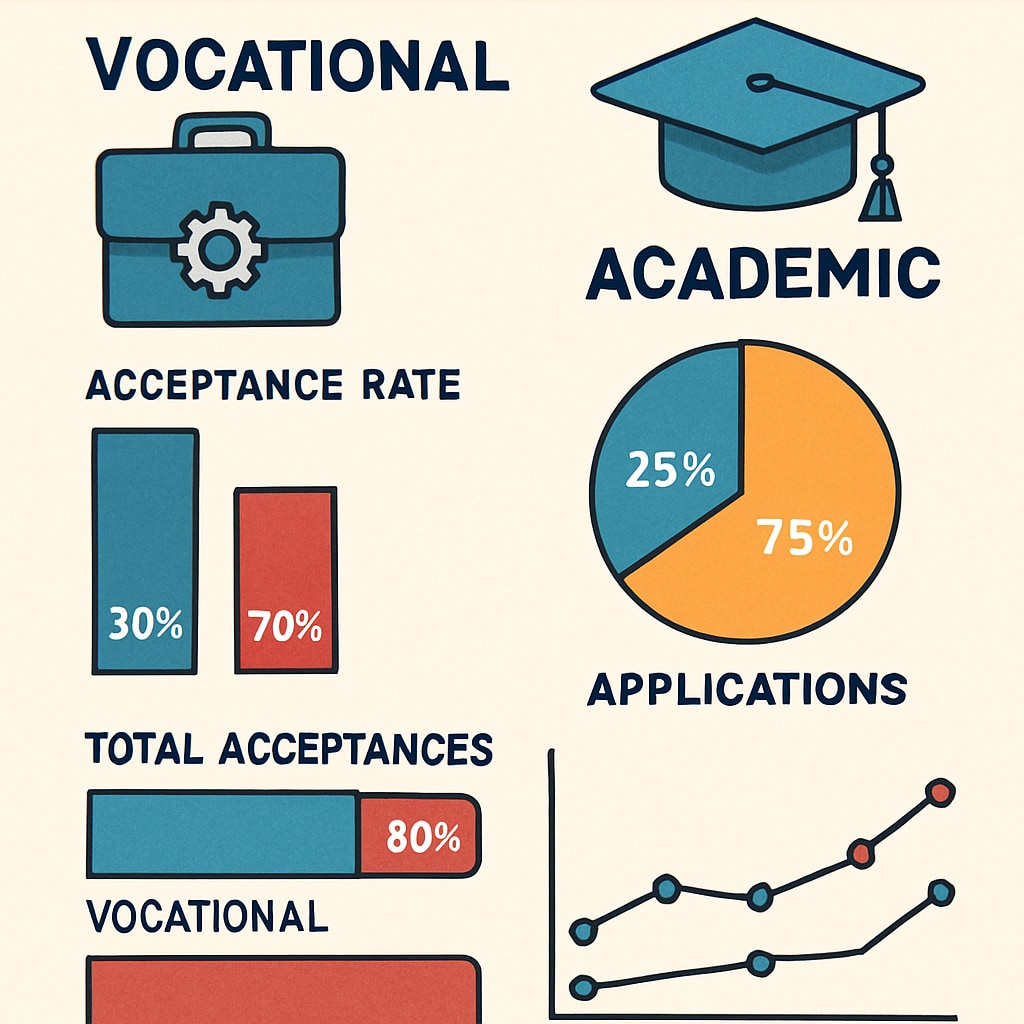When considering BTEC, Computer Science, university applications, or apprenticeship programs, students face a critical choice between vocational and academic pathways. This comprehensive analysis compares the BTEC Level 3 qualification with traditional A-levels, examining how each prepares learners for higher education and technology careers.

Understanding the Core Differences
BTEC (Business and Technology Education Council) qualifications offer applied learning with continuous assessment, while A-levels focus on theoretical knowledge examined through final exams. For Computer Science specifically:
- BTEC approach: 70% coursework, 30% exams with practical IT projects
- A-level structure: 80% exam-based assessment covering algorithms and programming paradigms
- Industry alignment: BTEC includes work placements (as per Pearson’s BTEC framework)
University Acceptance and Apprenticeship Opportunities
While both pathways enable progression, their recognition varies:
- Russell Group universities: 89% accept BTEC with related subjects (UCAS 2022 data)
- Apprenticeship advantages: BTEC learners show 23% higher completion rates in tech apprenticeships
- Specialist courses: Game development degrees often prefer BTEC portfolios

Career Preparation: Practical Skills vs Theoretical Depth
The vocational nature of BTEC develops workplace competencies through:
- Extended project work mirroring real IT tasks
- Industry-standard software training (e.g., Cisco Networking Academy modules)
- Professional practice units covering project management methodologies
Conversely, A-levels provide stronger foundations for computer science theory, as noted in the Cambridge International curriculum.
Enhancing Your Profile Beyond Qualifications
Regardless of pathway, students should consider:
- Programming competitions (e.g., Google Code Jam)
- Open-source project contributions
- Industry certifications like CompTIA IT Fundamentals
Key takeaway: BTEC suits hands-on learners pursuing immediate tech careers, while A-levels better serve those targeting theoretical computer science degrees. Both pathways benefit from supplementary skill development.


